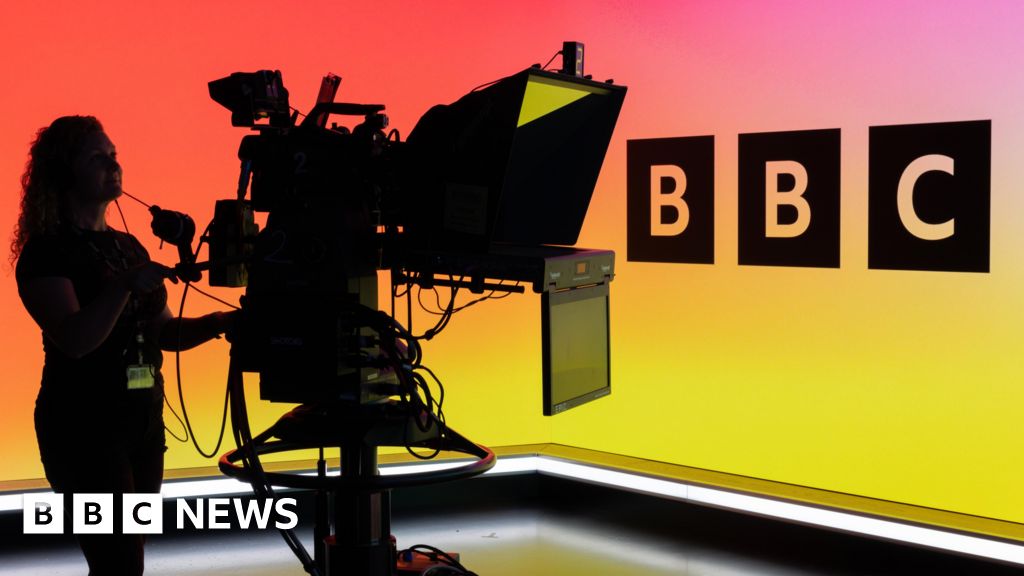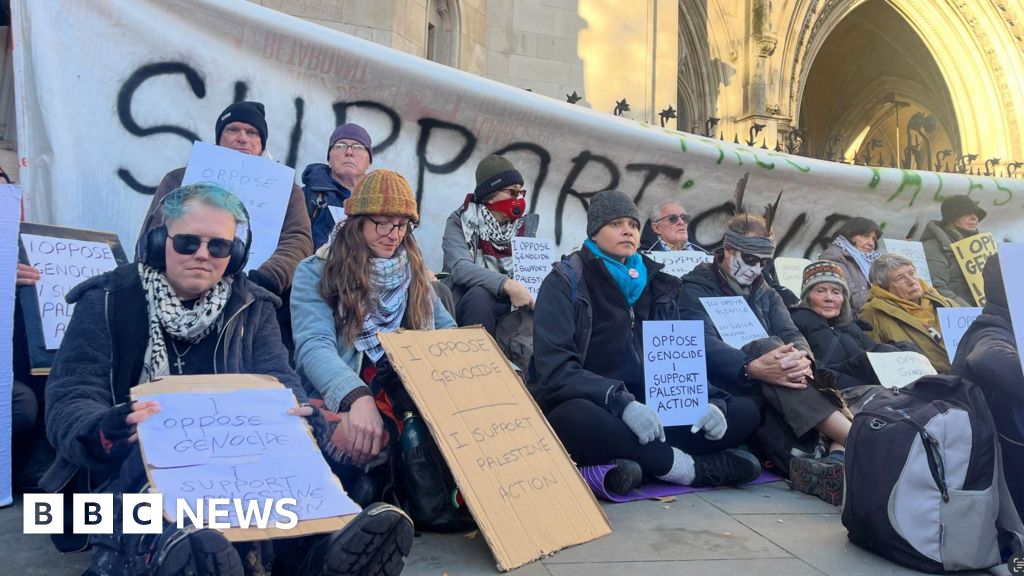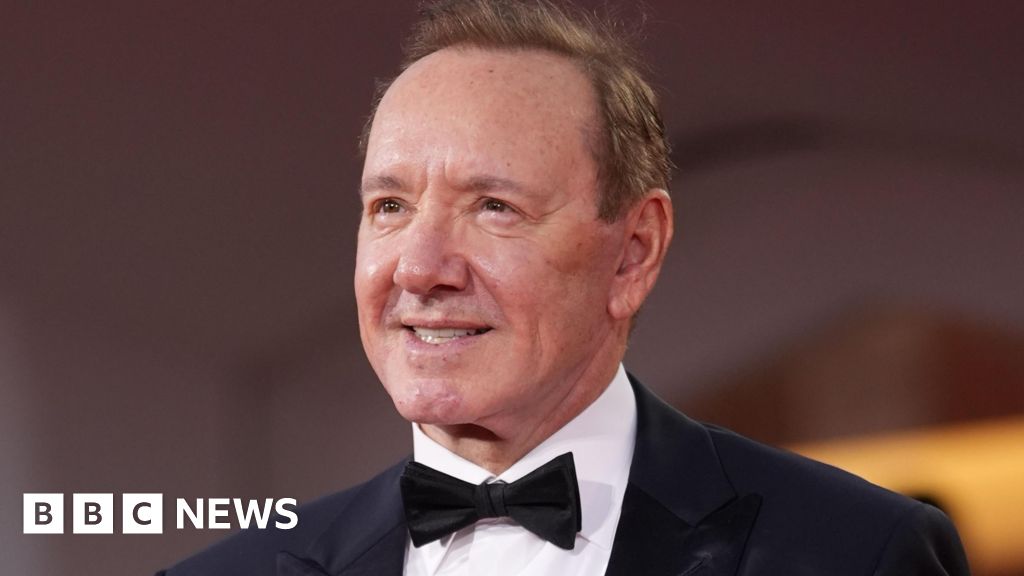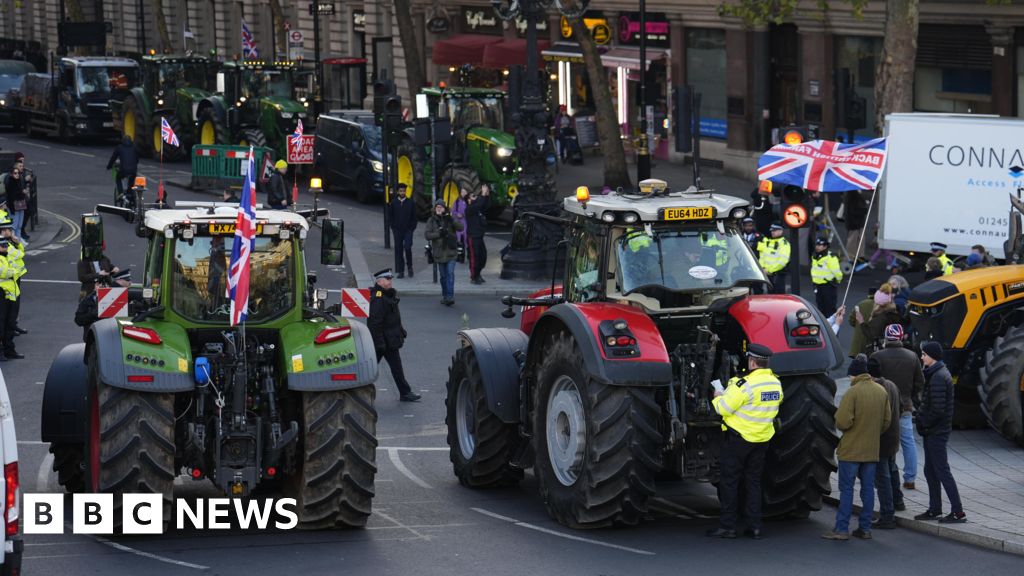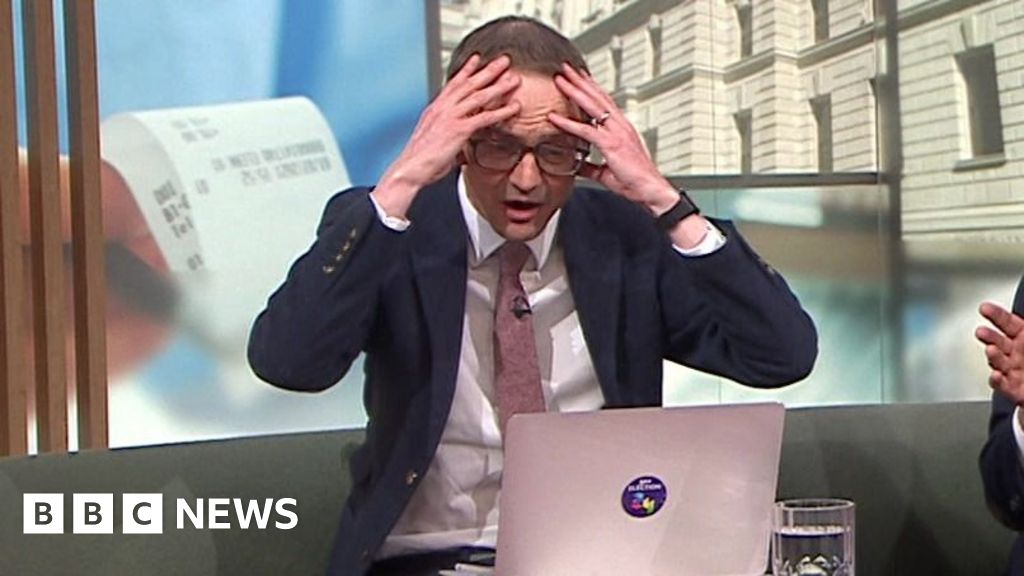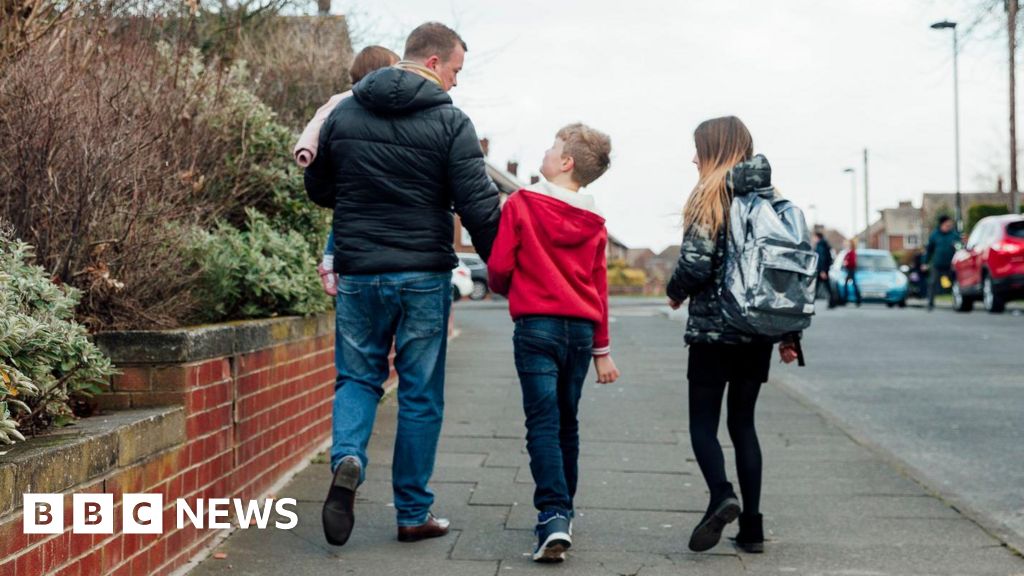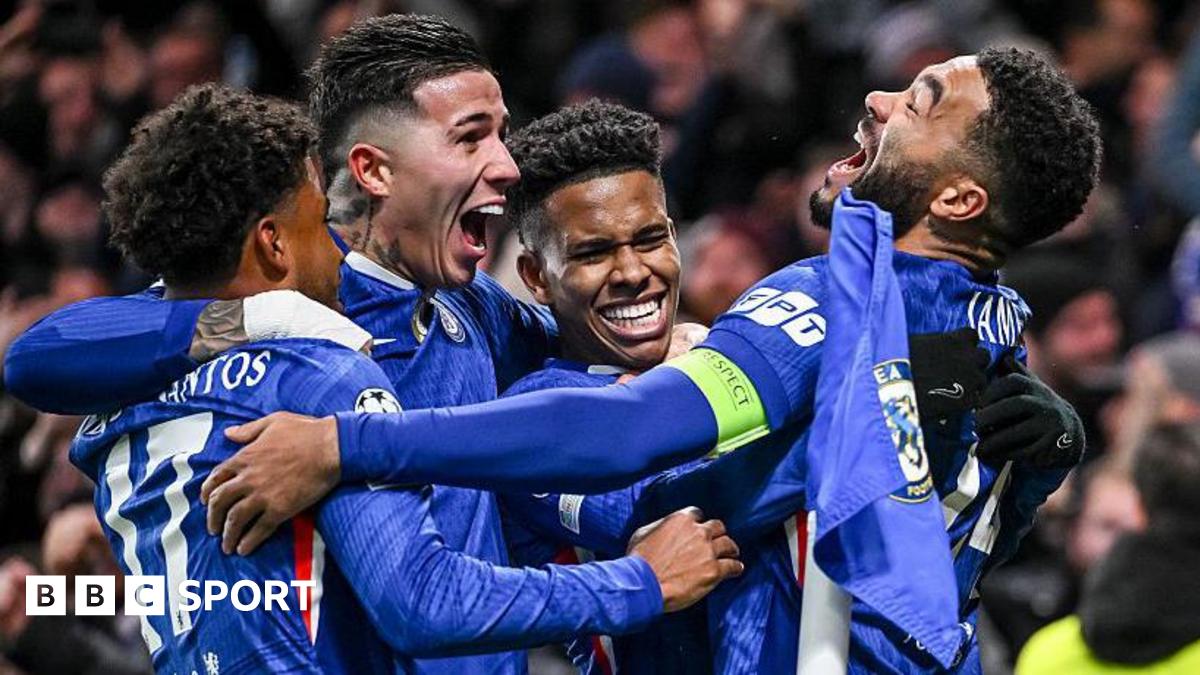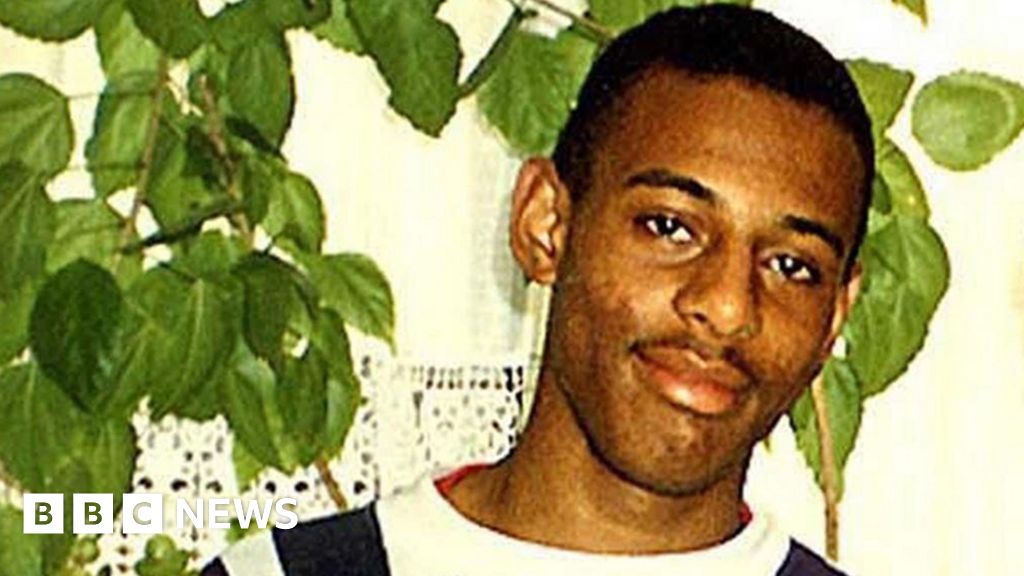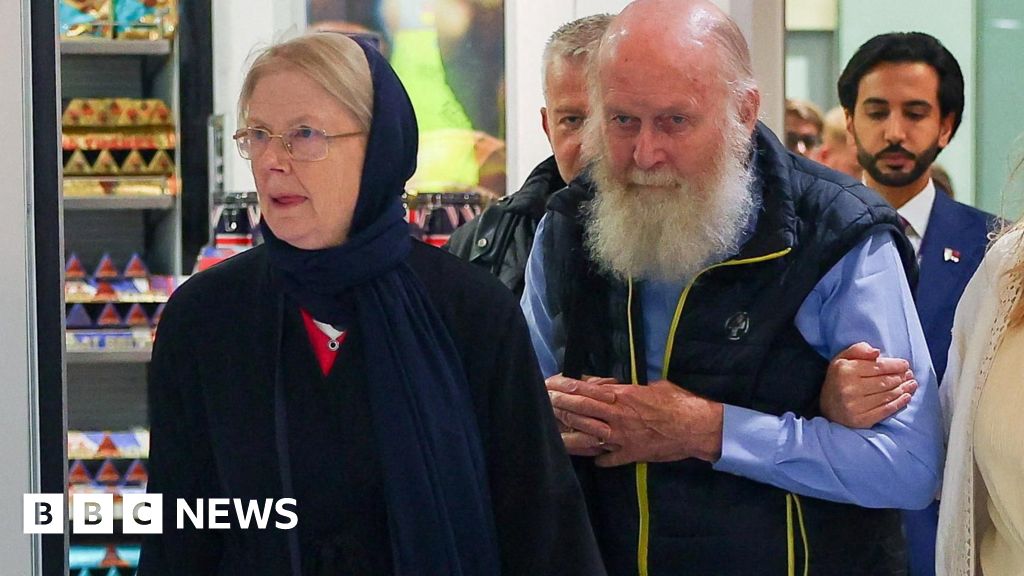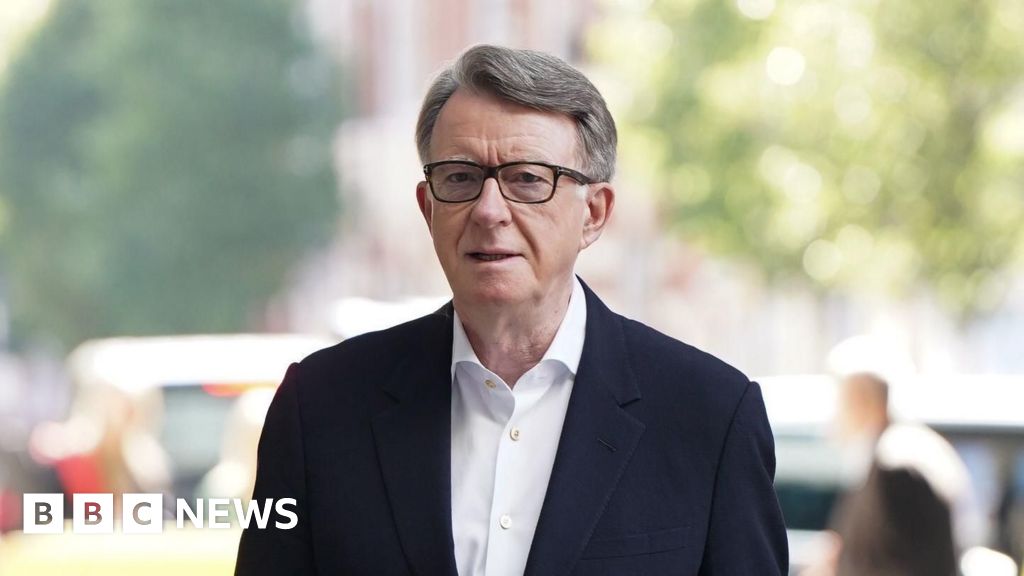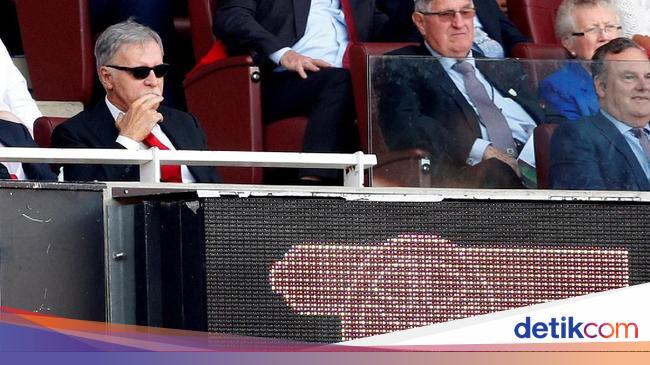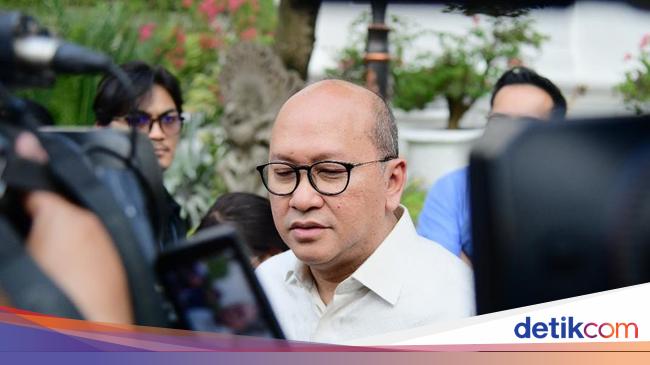The biggest initial surprise in this Budget may have been that the government's independent forecaster the Office for Budget Responsibility (OBR) managed to publish it all by mistake long before Chancellor Rachel Reeves got to read it out.
There is no precedent for that.
But actually the real surprise was that the government's financial position is nowhere near as bad as had been suggested in the run-up.
I had warned in a few live appearances not to take at full face value the protestations about how dire the OBR forecast had been. There are always a lot of moving parts when you project long term.
Yes the economy is forecast to grow more slowly than expected because long-term productivity has been downgraded, but it also starts from a better base thanks to outperformance and upgrades this year.
On top of that, higher wages due to high inflation have boosted the Treasury's tax take. Very interestingly, the OBR has also made a judgement that Artificial Intelligence (AI) could boost productivity by a notable and growing amount by the end of the year.
The net result of all that is the OBR forecasts show she could have met her self-imposed rules of only borrowing to invest and cover day-to-day spending with tax receipts, without freezing income tax thresholds.
So why did she do way more than expected? By freezing thresholds for a further three years until 2031, she is dragging most people into paying more tax including pulling almost one in four people into the higher rate tax bracket.
If it wasn't for her U-turn on welfare reforms, she would have been on track to actually meet her target by a whisker before she made any changes to tax and spending.
So this gets us to the big story of this Budget of two halves. A Budget that borrows to spend on political priorities in the next year or so, and then taxes hard to get borrowing down in the final years of the decade.
This is about buying breathing space, politically and economically. The two factors are inseparable.
By borrowing to spend, the chancellor and prime minister have shored up their immediate position in parliament and it appears to put to bed the shocking doubts about passing their budgets.
The Labour left is getting behind this Budget as it spends to help alleviate child poverty, to lower energy bills, and to freeze rail fares and prescriptions. This is important for the financial markets which need to know, whether they love the policies or not, that the government has the votes to pass its Budget.
By subsequently taxing hard to double the amount of breathing space or headroom to £22bn a year around her borrowing targets, Reeves gets space from the uncomfortable glare of the markets. Add in the fact that there will now only be an annual check of the fiscal rules rather than a bi-annual one, and with a fair wind, this should put to bed the hamster wheel of speculation about missing borrowing targets.
This has been a force for instability, and lack of credibility over the last year, and ultimately led to the calamitous U-turn on welfare cuts over the summer.
The net result of all this and a slightly lower than expected issuance of UK government bonds, was that markets were more than calm. Despite the rollercoaster of a day, the effective interest rate on government bonds was down across the board, and on occasion was a notable 10 basis points or 0.1% down on the key bonds.
The message has been heard in the markets, and at first glance in her own party.
Now this has come at a price. Taxes will go up to new records in 2028. How will that be squared with the need for growth?
I detect an unspoken strategy. The government hopes that growth will exceed the solid pedestrian predictions of 1.5%. If that is the case, we might not ever get to this extended threshold freeze.
There is also hope the choices made will enable the Bank of England to cut interest rates further.
For this work, growth will have to come. There is some space for green shoots to sprout now, or at least for the animal spirits of the economy to emerge from non-stop chaos. This applies to business investment plans, and those older consumers who have been hoarding savings and not spending.
It's no guarantee of success, but there is some space now for a more stable backdrop.
.png)
 3 hours ago
3
3 hours ago
3





